Any temp lows?
poaky1
13 years ago
Related Stories
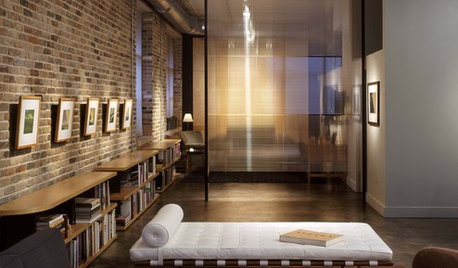
MATERIALSMaterials Workshop: Polycarbonate — a Low-Cost Alternative to Glass
Looking for something lighter, stronger and less expensive than glass? Multiwall polycarbonate may be a good option
Full Story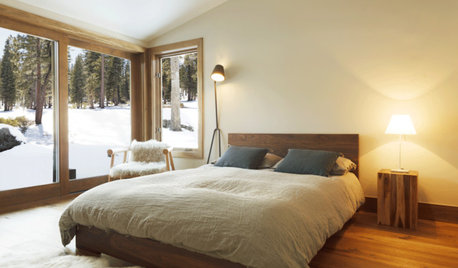
WINDOW TREATMENTSEasy Green: 9 Low-Cost Ways to Insulate Windows and Doors
Block drafts to boost both warmth and energy savings with these inexpensive but effective insulating strategies
Full Story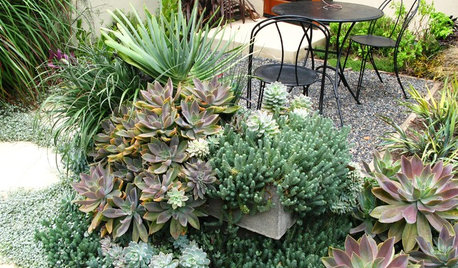
SUCCULENTSAmazingly Low-Maintenance Picks for Outdoor Planters
Turn to succulents, cacti and ornamental grasses to keep your summer watering and care to a minimum
Full Story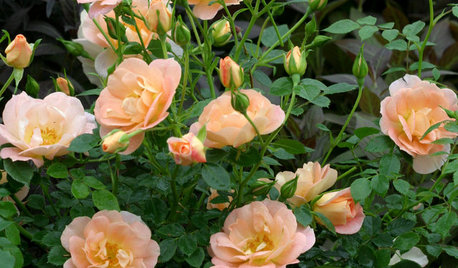
GARDENING GUIDES6 Wonderfully Easy Roses for Any Gardener
Look like an expert even if you're just starting out, with these low-maintenance gems of the rose world
Full Story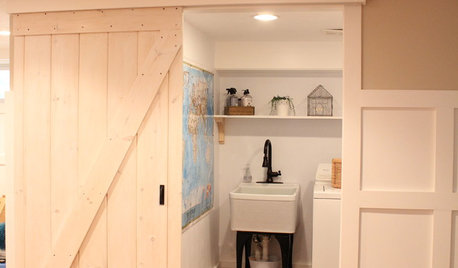
DIY PROJECTSMake Your Own Barn-Style Door — in Any Size You Need
Low ceilings or odd-size doorways are no problem when you fashion a barn door from exterior siding and a closet track
Full Story
INSIDE HOUZZSee a Couple’s New Spa-Like Bathroom From Lowe’s and Houzz
The sweepstake winners’ master bathroom gets a makeover with a new shower, tile and storage space
Full Story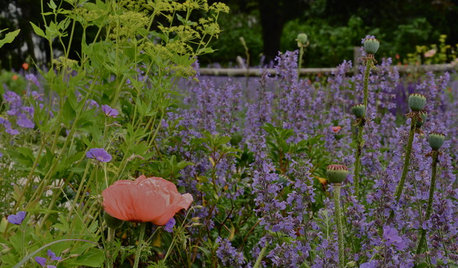
GARDENING GUIDESGreat Design Plant: Walker's Low Catmint
Prolific purple blooms, fragrant leaves, and cold-hardiness makes this a go-to plant for almost any garden
Full Story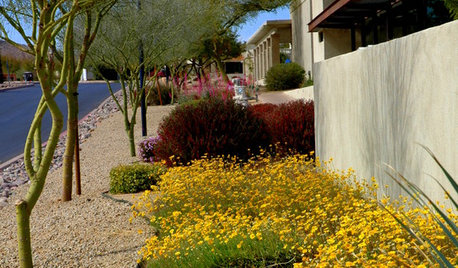
GARDENING GUIDESGreat Native Plant: Angelita Daisy
Want a pretty perennial that can handle high and low temps with little fuss? Versatile angelita daisy is your workhorse
Full Story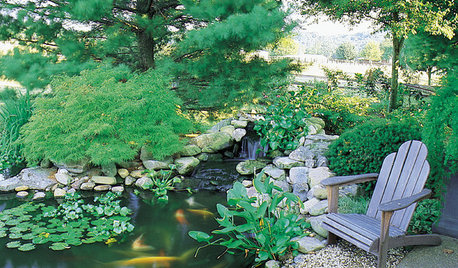
LANDSCAPE DESIGNKoi Find Friendly Shores in Any Garden Style
A pond full of colorful koi can be a delightful addition to just about any landscape or garden
Full Story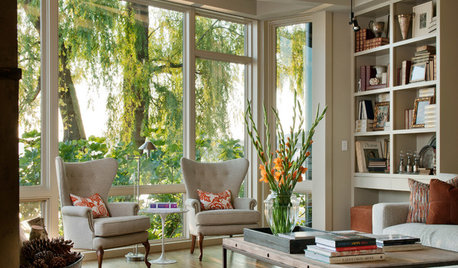
MOST POPULAR12 Key Decorating Tips to Make Any Room Better
Get a great result even without an experienced touch by following these basic design guidelines
Full Story



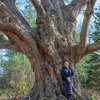
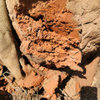
greenman28 NorCal 7b/8a
famartin
Related Discussions
Can low amb. temp. prevent compost heating up by adding Nitrogen?
Q
Low temps next week - plant or hold off?
Q
Oil boiler - smell oil when low outside temps?
Q
Sans Docs: can fluctuating low-temps affect snake-plant leaf rigidity?
Q
Toronado3800 Zone 6 St Louis
poaky1Original Author
greenman28 NorCal 7b/8a
brandon7 TN_zone7
brandon7 TN_zone7
Toronado3800 Zone 6 St Louis
greenman28 NorCal 7b/8a
brandon7 TN_zone7
Toronado3800 Zone 6 St Louis
brandon7 TN_zone7
greenman28 NorCal 7b/8a
brandon7 TN_zone7
brandon7 TN_zone7
greenman28 NorCal 7b/8a
brandon7 TN_zone7
greenman28 NorCal 7b/8a
Toronado3800 Zone 6 St Louis
Dan _Staley (5b Sunset 2B AHS 7)
arktrees
greenman28 NorCal 7b/8a
arktrees
greenman28 NorCal 7b/8a
whaas_5a
arktrees
brandon7 TN_zone7
brandon7 TN_zone7
poaky1Original Author
Dan _Staley (5b Sunset 2B AHS 7)
brandon7 TN_zone7
poaky1Original Author
arktrees
brandon7 TN_zone7
Toronado3800 Zone 6 St Louis
greenman28 NorCal 7b/8a
Dan _Staley (5b Sunset 2B AHS 7)
Toronado3800 Zone 6 St Louis
brandon7 TN_zone7
arktrees
Toronado3800 Zone 6 St Louis
poaky1Original Author
Toronado3800 Zone 6 St Louis
poaky1Original Author
Toronado3800 Zone 6 St Louis
greenman28 NorCal 7b/8a
Dan _Staley (5b Sunset 2B AHS 7)
greenman28 NorCal 7b/8a
brandon7 TN_zone7
poaky1Original Author